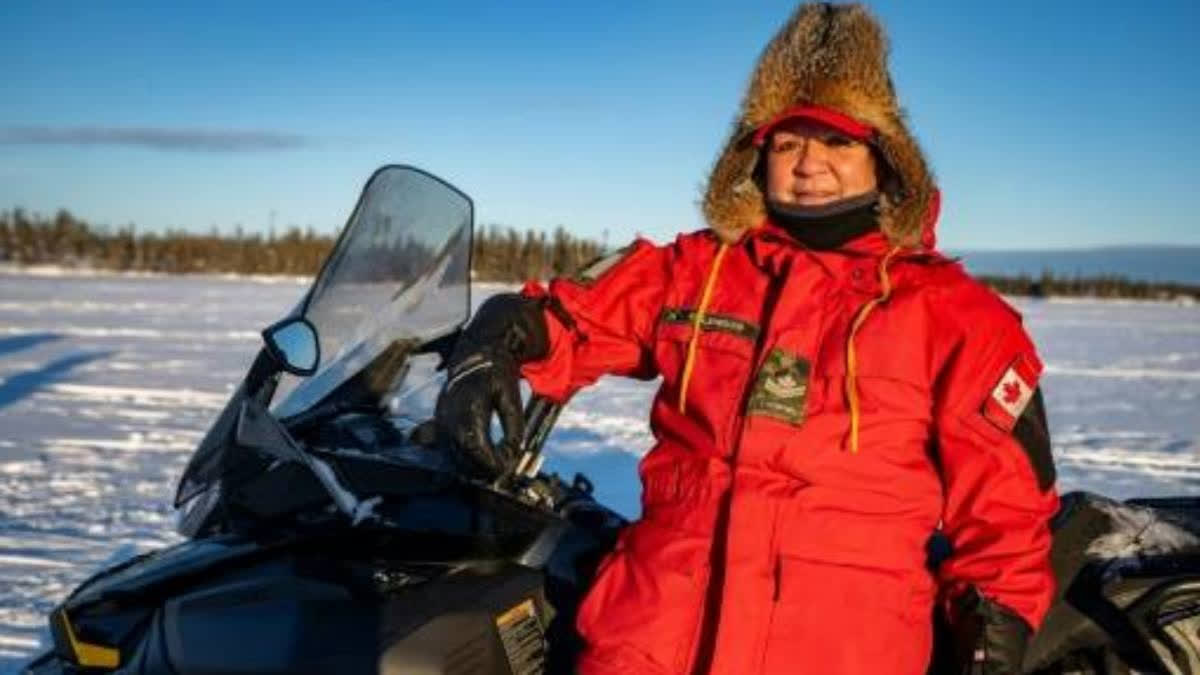Yellowknife: In the mess hall of a Canadian military base a few hundred kilometers south of the Artic Circle, Brigadier-General Daniel Riviere pointed to a map highlighting the region that is becoming a national priority.
"All eyes are on the Arctic today," said Riviere, who heads the Canadian Armed Forces Joint Task Force North. Thawing ice caused by climate change is opening up the Arctic and creating access to oil and gas resources, in addition to minerals and fish.
That has created a new strategic reality for Canada, as nations with Arctic borders like the United States and Russia intensify their focus on the region. China, which is not an Arctic power, sees the area as "a new crossroads of the world," the United States warned in the final weeks of president Joe Biden's administration.
Ottawa has responded by announcing plans to reinforce its military and diplomatic presence in the Arctic, part of a broader effort to assert its sovereignty in a region that accounts for 40 percent of Canadian territory and 75 percent of its coastline.
Canada needs to act now because "the Northwest Passage will become a main artery of trade," Riviere said, referring to the Arctic connection between the Atlantic and Pacific oceans.
Plans to bolster Canada's Arctic presence include deploying new patrol ships, destroyers, icebreakers and submarines capable of operating under the ice cap, in addition to more planes and drones to monitor and defend territory.
'Assert sovereignty'
At the Joint Task Force North's headquarters in Yellowknife, the capital of Canada's Northwest Territories, huge hangars house planes capable of landing on frozen lakes.
There is equipment designed to filter salt water from ice floes, and tents made for temperatures of -50 degrees Celsius (-58 degrees Fahrenheit).
Moving military resources around the area is complex work that is carried out by Twin Otters, a strategic transport aircraft that can operate in rugged environments.
On the tarmac after a flight over vast expanses of snow, forests and frozen lakes, Major Marlon Mongeon, who pilots one of the aircrafts, told AFP that part of the military's job is "to assert sovereignty of our borders and land."
